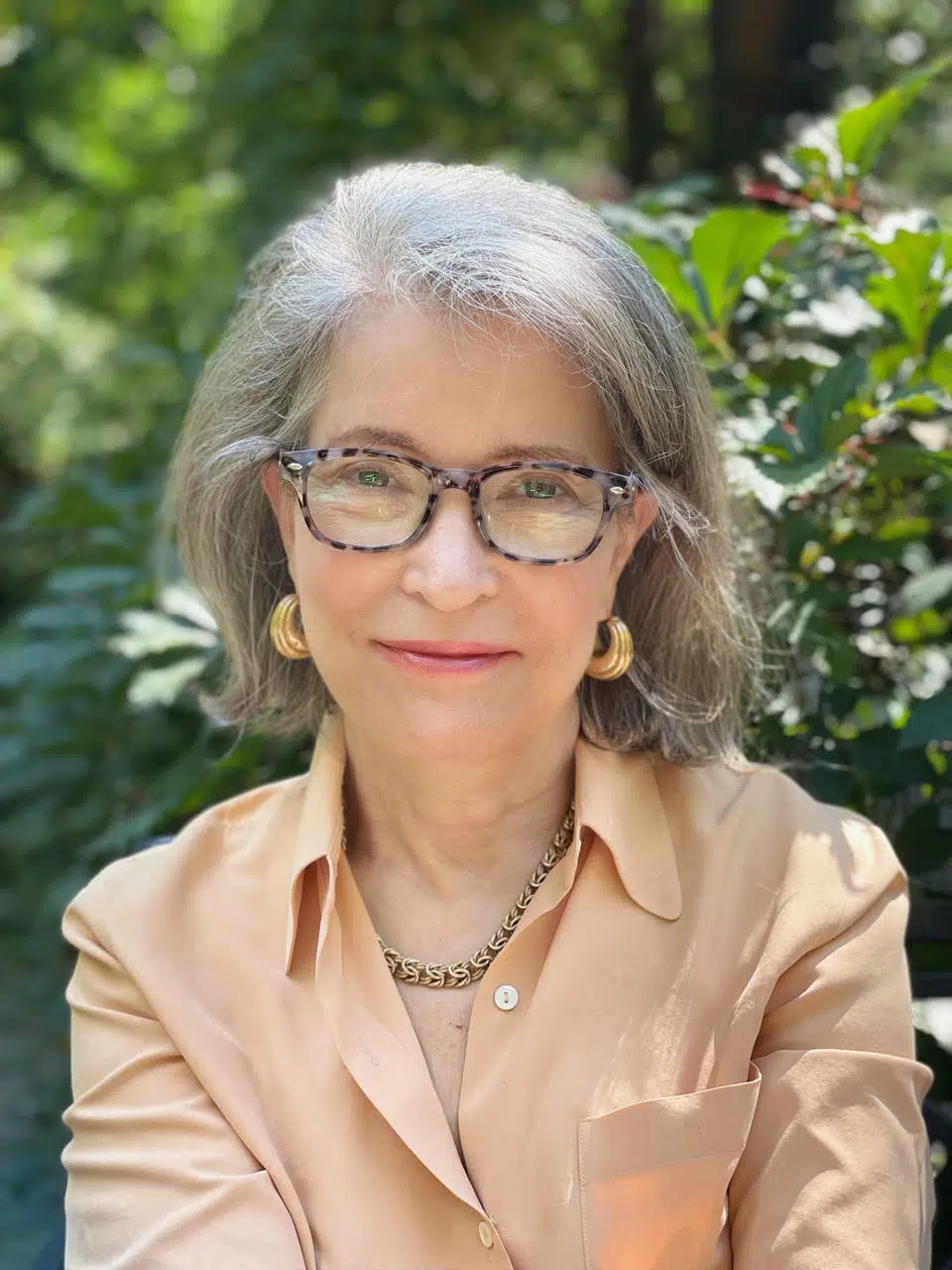
By: Dr. Lise Van Susteren
Dr. Lise Van Susteren is a general and forensic psychiatrist in Washington, DC, and an expert on the physical and psychological impacts of climate change. In 2011 she co-authored “The Psychological Effects of Global Warming on the U.S. – Why the US Mental Health System Is Not Prepared”. Van Susteren is a Clinical Associate Professor of Psychiatry and Behavioral Sciences at George Washington University and has been a consultant to the Executive Branch of the US government profiling world leaders.
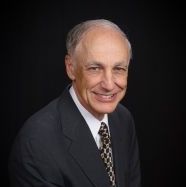

By: Frederick J. Stoddard, MD & Robert J. Ursano, MD
Dr. Stoddard is a Professor of Psychiatry at Harvard Medical School at the Massachusetts General Hospital. He is a recipient of the American Psychiatric Association (APA) Bruno Lima Award in Disaster Psychiatry. He is also editor and author of “Disaster Psychiatry: Readiness, Evaluation and Treatment”, American Psychiatric Press 2011, which is translated into Japanese, Korean, and Chinese, and of “Trauma and Stressor-Related Disorders”, Oxford University Press, 2018.
Dr. Ursano is a Professor of Psychiatry and Neuroscience at the Uniformed Services Center of the Study of Traumatic Stress (USUHS) and founding Director of the Center for the Study of Traumatic Stress (CSTS). He is a recipient of the (APA) Bruno Lima Award in Disaster Psychiatry. He is Editor of the Journal “Psychiatry”; dedicated to questions related to interpersonal and biological processes, founded by Harry Stack Sullivan. He is also the senior editor of the “Textbook of Disaster Psychiatry” and was the first Chairman of the APA’s Committee on Psychiatric Dimensions of Disaster. His work focuses on the interface of psychiatry and public health in times of disaster and terrorism.

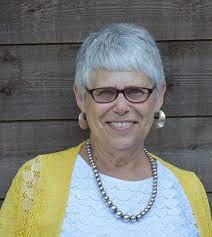
By: Robin Cooper, MD
Robin Cooper, MD, a psychiatrist who has had a private practice in San Francisco for 40 years, is Associate Clinical Professor in the Department of Psychiatry and Behavioral Sciences at the UCSF Medical School, where she is actively involved in efforts to address climate change impacts on mental health and health.
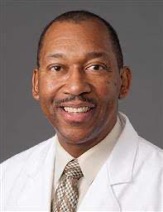
By: Dr. Rahn Bailey
Dr. Rahn K. Bailey is a forensic psychiatrist and nationally recognized expert on climate change, gun violence, intimate partner violence, and health disparities in minority populations. He is the author of two books and the co-author of more than 50 peer-reviewed publications. Dr. Bailey is a graduate of the University of Texas Medical Branch at Galveston. He served his psychiatry residency at the University of Texas-Houston, and his fellowship in forensic psychiatry at Yale. Dr. Bailey is currently Chair of the Department of Psychiatry at the Louisiana State University School of Medicine in New Orleans. He was recently elected Chair of the Global Mental Health & Psychiatry Caucus of the American Psychiatric Association (APA). In 2006 Dr Bailey was named “Physician of the Year” by the National Medical Association because of his work in Hurricane Katrina.
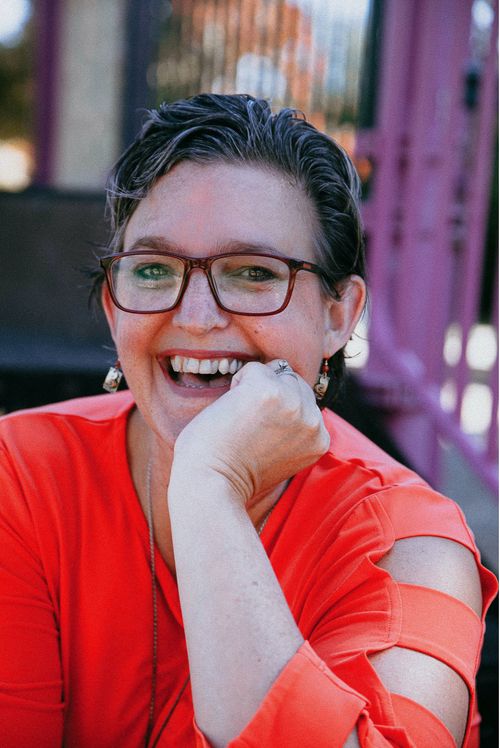
By: Darla Gale
Darla Gale is the CEO/Founder at Heartstrings Counseling, Inc. and Darla Gale Counseling, Marriage and Family Therapist, Inc. in Loomis, California. She is a Licensed Marriage and Family Therapist and graduated with a master’s degree from Brandman University in 2012. She is the author of Sifting Through the Ashes: Finding Beauty, Peace, Love, and Strength Through Trauma, which received #1 Best Seller on Amazon in the Categories of Mental Illness and Psychological Pathologies. She lives in Northern California and enjoys traveling with her husband and two dogs.
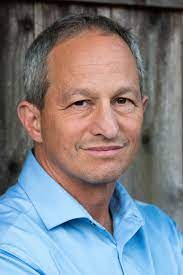
By: Josh Weil, MD
Dr. Weil, now retired from his regular practice as an Emergency Physician at Kaiser Hospital in Santa Rosa, remains active in his specialty. A strong interest in volunteerism and disaster medicine has taken him to Sri Lanka following the Tsunami, Louisiana after Hurricane Katrina, Haiti to respond to the earthquake, and the Philippines following Typhoon Haiyan. Locally he has served on the Board of Directors for the American Red Cross since 2011 and the Board of Directors for the Ceres Project from 2014-2020. He has been a regular volunteer at the Jewish Community Free Clinic in Santa Rosa for over 20 years and in 2014 assumed the role of Medical Director. He has also served as “team physician” for local High School football teams for over 2 decades. He served as Chief of the Emergency Department for over 11 years and also served as Chair of the Chiefs of Emergency Medicine for Northern California from 2007-2011. He was the Assistant Physician-in-Chief for Hospital Operations from 2011-2019.
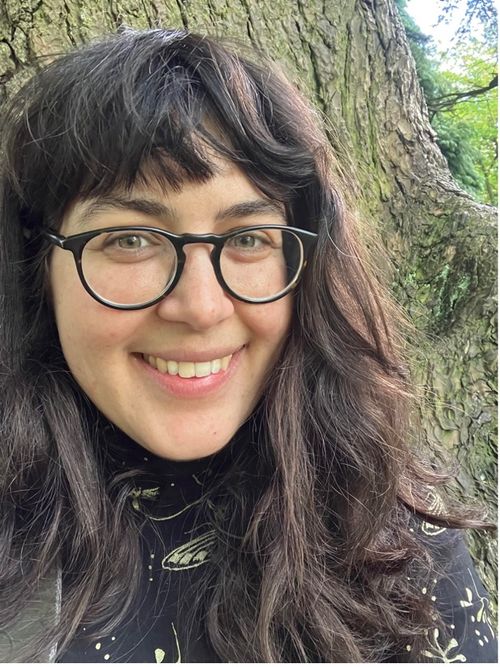
By: Rei Takver
Bio: Rei is a climate communicator and journalist with a background in climate-related social science and mental health. She has worked as an editor and communications manager for the Ecopsychepedia Project as well as the Climate Psychology Alliance. She is currently earning a Master of Science in Psychology at Cardiff University, and is planning to attend City University of London’s Master of Arts in Newspaper Journalism program in the fall of 2023.
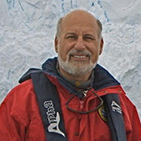
By: John Englander
John Englander is a renowned oceanographer and author of the recently published “Moving to Higher Ground; Rising Sea Level and the Path Forward.” He has given high-level briefings about rising sea level, to the U.S. Congress, the U.S. Naval Academy, to military leaders as well as to corporate executives, and professional societies. Englander has been CEO of several ocean-based organizations, including The Cousteau Society. His work has been featured in The New York Times and on the Discovery Channel. Englander is president of the Rising Seas Institute, a nonprofit think tank and policy center that works to advance adaptation to rising seas.

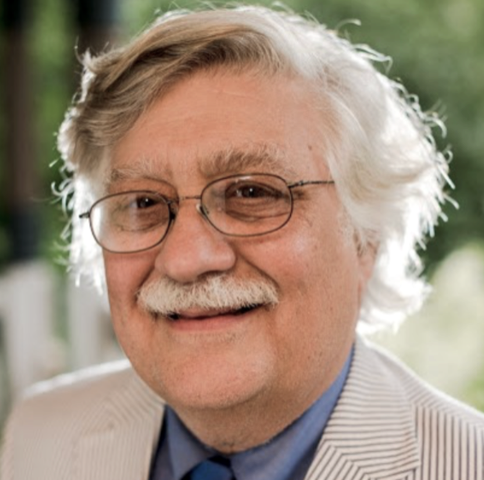
By: Dr. Richard Mollica
Richard F. Mollica, MD, MAR, is a Professor of Psychiatry at Harvard Medical School and Director of the Harvard Program in Refugee Trauma (HPRT) at Massachusetts General HospitalDr. Mollica and HPRT pioneered the medical and mental health care of survivors of mass violence and torture in the U.S. and abroad. Under his direction, the HPRT conducts clinical, training, policy, and research activities for populations affected by mass violence around the world. He is active in clinical work, research, and the development of a Global Health curriculum, focusing on trauma and recovery. The Global Mental Health: Trauma and Recovery certificate program is the first of its kind in global mental health and post-conflict/disaster care. Dr. Mollica has published over 160 scientific manuscripts, and is the author of several books including Healing Invisible Wounds: Paths to Hope and Recovery in a Violent World (2006), and most recently A Manifesto: Healing a Violent World (2018).
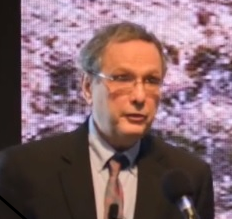
By: Adam Sacks
Adam Sacks is co-founder and served as Executive Director of Biodiversity for a Livable Climate until his retirement 2023. For over twenty years he worked as a climate activist, studying, writing and making films about climate change. He holds a Bachelor’s degree from Goddard College in Modern Dance, a Doctorate from UMass Amherst in Counselling, and a Doctorate in Naturopathic Medicine from Bastyr University. For five years he directed a non-profit that worked with communities invoking basic democratic and constitutional principles to oppose detrimental local corporate activity. In 2013 he co-founded Biodiversity for a Livable Climate where he has focused on regeneration of biodiversity and a livable planet.

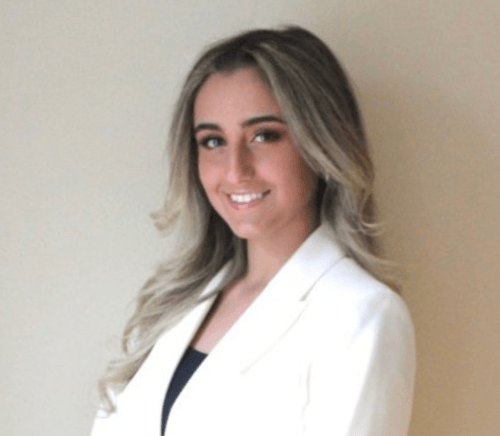
By: Dr. Carissa Cabán-Alemán
Carissa Cabán-Alemán is a community psychiatrist with years of clinical experience as medical director for behavioral health departments. She is also a faculty member of the College of Medicine of Florida International University since 2014. She was promoted from Assistant to Associate Professor and continues collaborating with FIU as Community-Based Faculty since she relocated from Florida to Puerto Rico in 2022. Some of her interests are cultural humility, social justice, structural competence, mindfulness, systems-based practice, and the impacts of climate change on mental health. She is one of the founding members of the Climate Psychiatry Alliance and CrearConSalud, Inc., a non-profit organization devoted to mental health education, awareness, and advocacy in Puerto Rico (PR). She was American Psychiatric Association (APA) Representative to the Medical Society Consortium on Climate and Health & board member of the American Association of Community Psychiatry (AACP). She enjoys respectfully connecting with nature’s more-than-human world, hiking, biking & horticulture. She moved back to PR in 2022 to be close to her family, focus on community work, climate health & justice projects, learn agroecology, and relocate to a farm.

By: Robin Cooper, MD
Robin Cooper, MD, a psychiatrist who has had a private practice in San Francisco for 40 years, is Associate Clinical Professor in the Department of Psychiatry and Behavioral Sciences at the UCSF Medical School, where she is actively involved in efforts to address climate change impacts on mental health and health.
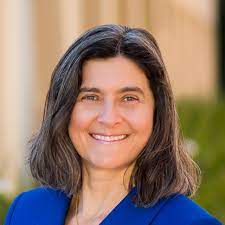
By: Andreea L. Seritan, MD
Dr. Andreea Seritan is a geriatric psychiatrist and professor of clinical psychiatry and neurology at the University of California, San Francisco. Her work focuses on understanding and managing the psychiatric aspects of neurodegenerative diseases such as Parkinson’s disease. In June 2019, Seritan co-founded the Climate Change and Mental Health Task Force at UCSF, which recently merged with the UC Center for Climate, Health, and Equity.
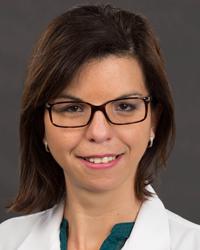
By: Vanessa Padilla, MD
Dr. Vanessa Padilla trained as a psychiatrist at the University of Puerto Rico and completed a Consultation-Liaison Psychiatry Fellowship at the University of Miami (UM). She completed an Electroconvulsive Therapy Visiting Fellowship Certification at the Western Psychiatric Institute and Clinic at the University of Pittsburgh. Dr. Padilla serves as an Assistant Professor and as Consultation-Liaison Psychiatry Fellowship Program Director at the University of Miami, Miller School of Medicine. She is board-certified by the American Board of Psychiatry and Neurology in Psychiatry and Consultation-Liaison Psychiatry.
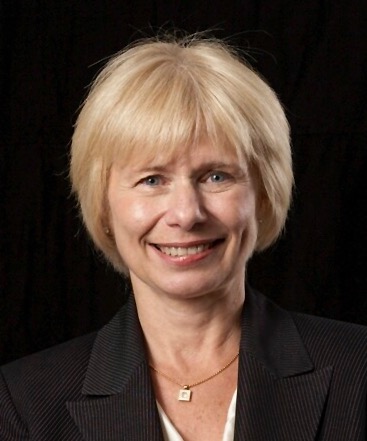
By: Dr. Dolores Malaspina, MD, Dr. Julie Spicer, MD, and Jennifer Puthota, MD
Dr. Dolores Malaspina is a physician-scientist serving as a Professor of Psychiatry, Neuroscience, and Genetics/Genomics at the Icahn School of Medicine at Mount Sinai in NY. She was previously Professor and Chairman of Psychiatry at the NYU Department of Psychiatry and Professor of Psychiatry at Columbia University /New York State Psychiatric Institute, where she had trained. At each center, she has launched clinical research endeavors in severe mental illness. The breadth of her interest in the diverse underpinnings of psychiatric conditions is shaped by undergraduate training in environmental biology, an MS in zoology, epidemiology training at Columbia University and postdoctoral training in genetics. She was the first to propose that paternal age was a main risk factor for schizophrenia, now supported, that hippocampal blood flow changes characterized psychosis, recently showing its association with the gut-brain axis. She and colleagues consider the impact of climate change on the next generation through prenatal effects. She also serves on the steering committee for psychiatric diagnoses and the research council for the American Psychiatric Association.
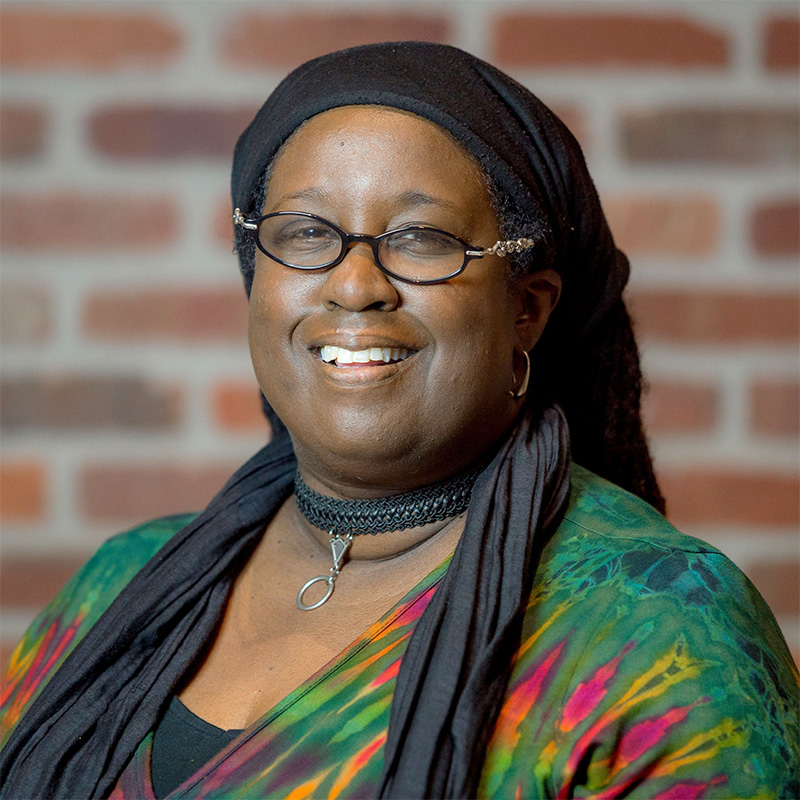
By: Jacqueline Patterson, MSW, MPH
Jacqueline Patterson is the Founder and Executive Director of The Chisholm Legacy Project: A Resource Hub for Black Frontline Climate Justice Leadership. She has worked on gender justice, racial justice, economic justice, and environmental/climate justice, with organizations including including the Center on Budget and Policy Priorities, IMA World Health, United for a Fair Economy, ActionAid, Health GAP, and the organization she co-founded, Women of Color United. Before founding The Chisholm Legacy Project, Patterson served for 11 years as the Senior Director of Environmental and Climate Justice at the NAACP. She currently serves on the Boards of Directors for the Institute of the Black World, National Black Workers Center Project, the Bill Anderson Fund, Ceres, and the Emerald Cities Collaborative, as well as Advisory Boards for the Center for Earth Ethics, the Hive Fund for Gender and Climate Justice, Frontline Justice Fund, the Just Solutions Collective, and the Environmental Justice Movement Fellowship, and she also serves on the Governance Assembles for Collectrify Fund and Mosaic Momentum Fund.
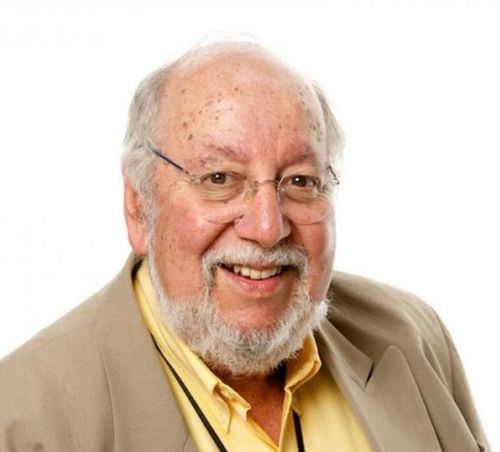
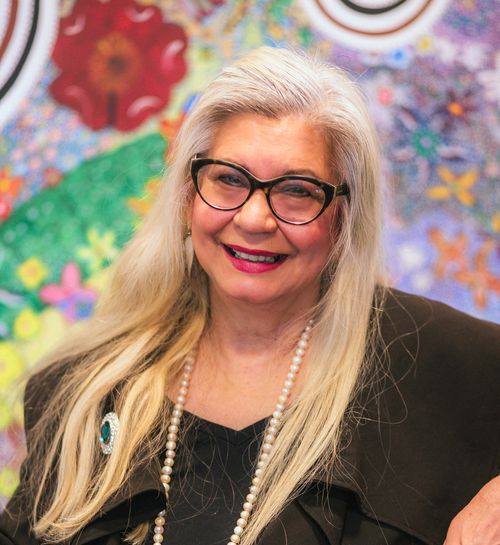
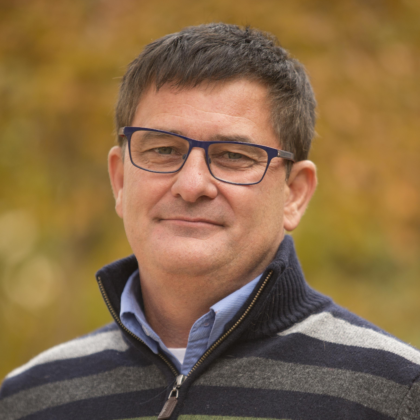
By: Alan Rosen, MD, Pat Dodgen, PhD, Stewart Sutherland, PhD
Dr. Rosen has worked as a community psychiatrist in Barkinje (=River People”) Aboriginal tribal lands of the remote Far West region of New South Wales (NSW) regularly for 35+ years, much of this time while also leading Royal North Shore University General Hospital & Community Mental Health Services in Sydney Australia. As a Fellow of the Royal Australian and New Zealand College of Psychiatrists since 1981, and an Officer of the Order of Australia since 2014, He is academically affiliated with the Brain & Mind Centre (BMC), University of Sydney, and the Australian Health Services Research Institute (AHSRI) at the University of Wollongong (Australia).
Professor Pat Dudgeon is from the Bardi people in Western Australia. She is a psychologist and professor at the Poche Centre for Aboriginal Health and the School of Indigenous Studies at UWA. Her area of research includes Indigenous social and emotional wellbeing and suicide prevention.
Stewart Sutherland, PhD was born and raised in Wellington NSW the heart of Wiradjuri country. For over a decade he has worked in Indigenous health, in more recent years focusing on identity and mental health particularly Social and Emotional Wellbeing of the Stolen Generations (people forcibly removed from their families). Stewart completed his PhD at the Australian National University Canberra, the focus of which was the interplay between reconciliation (apology) and the social emotional wellbeing of people forcibly removed from their families. Stewart is working at the ANU School of Medicine as the lecturer of indigenous Health, where he is building on work of those before him, to ensure that Indigenous health and people are at the core.
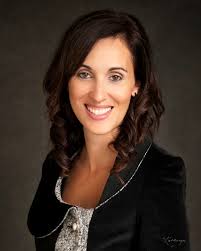
Chapter 22 – Mental health impacts on Inuit communities: “We are a part of the land, and the land is part of us”
By: Ashlee Consulo, PhD
Ashlee Cunsolo, PhD, is the founding Dean of the School of Arctic and Subarctic Studies and the Labrador Campus of Memorial University, a former Canada Research Chair (Tier II), and a Member Emeritus of the Royal Society of Canada College of New Scholars, Artists, and Scientists. As a social science and health researcher, Ashlee works at the intersection of place, culture, health, and environment, and has been working for 14 years in partnership with Indigenous communities and leaders across Canada, particularly in Labrador, on community-led and community-identified research initiatives, including climate change impacts on physical and mental health and cultural reclamation. She is a leading voice internationally on climate change, mental health, and ecological grief, a regular contributor to media and policy, and editor of Mourning Nature: Hope at the Heart of Ecological Grief and Loss.
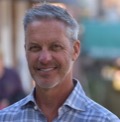
Chapter 23 – Role of Air Pollution and Temperature on pregnancy
By: Dr. Bruce Bekkar, Dr. Nate DeNicola
Bruce Bekkar is a women’s health physician and international keynote speaker engaged with the climate crisis since 2007. He currently serves on the Editorial Board of the Journal of Climate Change and Health and as a Fellow and member of the Leadership Circle Executive Committee at ecoAmerica in Washington, DC. At home in Southern California, he is Chair Emeritus of the Public Health Advisory Council and a public health consultant for the County of San Diego Regional Decarbonization Framework. Bruce has given over 100 presentations on climate change to a wide range of audiences including the American Meteorological Society, Harvard Medical School and Massachusetts General Hospital, Genentech, England’s Royal College of Obstetrics and Gynecology, the California State Senate and members of the U.S. House of Representatives. Bruce is the lead author of the first large-scale review of birth impacts and climate change in the US, published in JAMA in June 2020. He and Dr. Nate DeNicola host “Green Docs,” a new podcast at the intersection of women’s health, pregnancy outcomes, and our environment.
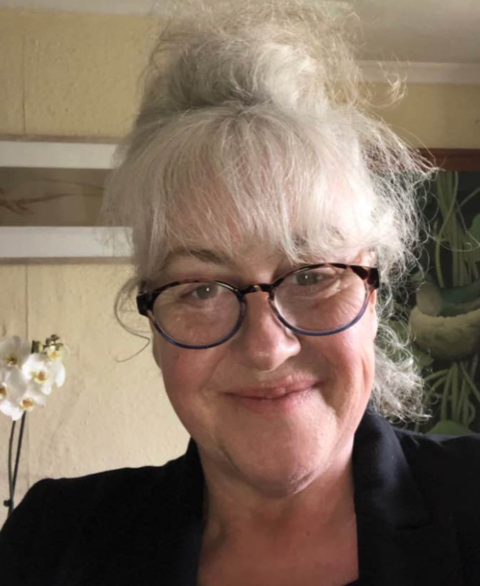
Chapter 24 – Climate Impacts on Young People: in the Eye of the Storm
By: Caroline Hickman
Caroline Hickman is a lecturer at the University of Bath in social work and climate psychology, a psychotherapist & member of the Climate Psychology Alliance (CPA). Caroline works with schools, parent groups, youth activist groups, and as a psychotherapist with children, young people & adults dealing with eco-anxiety and distress about the climate & biodiversity crisis. Through the University of Bath, she has been researching children & young people’s feelings about the climate and biodiversity crisis for 5 years to uncover and explore different stories, narratives, and images around our defenses against the ‘difficult truth’ we are facing. Her research is with children & young people in the UK, Sweden, Brazil, USA, Maldives, Nigeria & Bangladesh.

Chapter 25 – Pre-traumatic Stress
By: Dr. Lise Van Susteren
